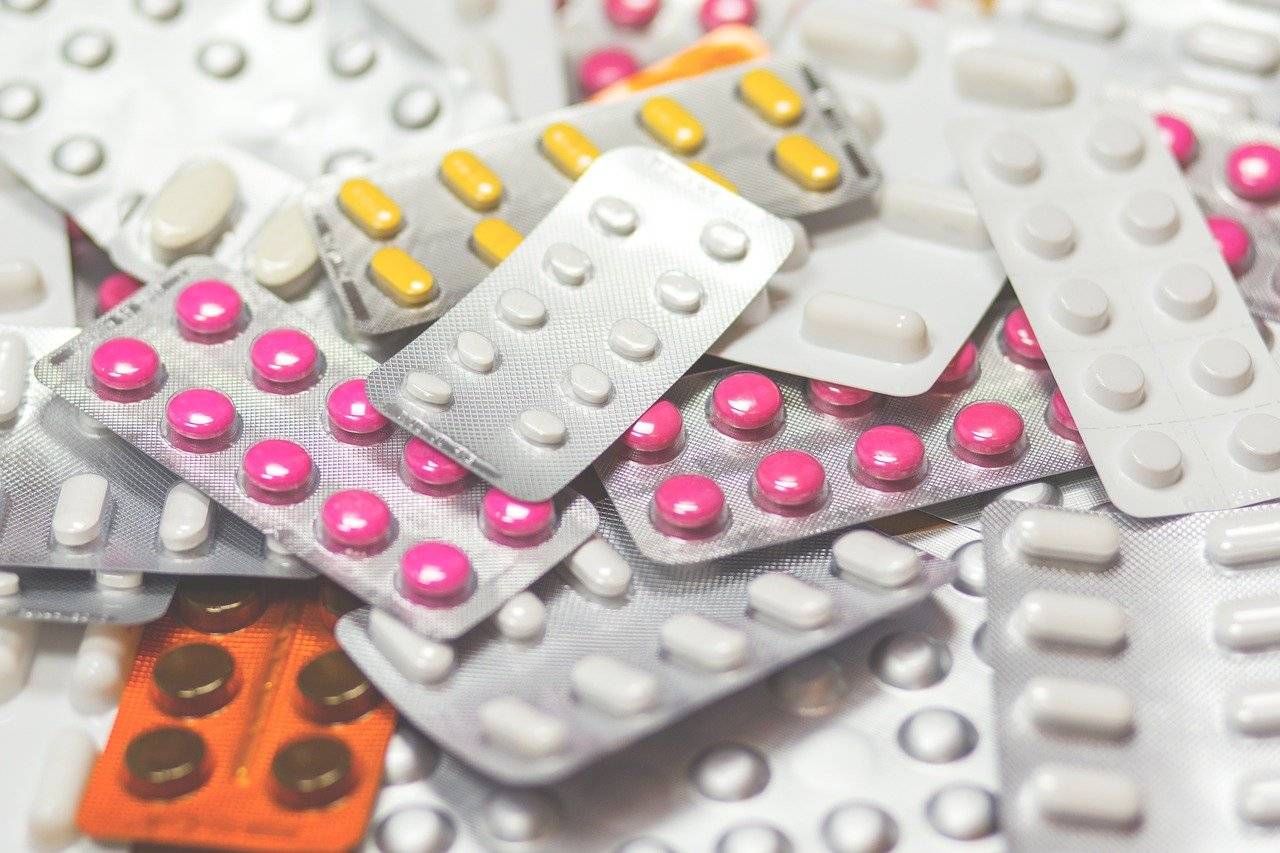After intense negotiations between the United States and the Group of Least-Developed Countries, the World Trade Organization committee on intellectual property rights finally decided to extend a waiver allowing LDCs from applying and enforcing IP rights on pharmaceutical products until 2033. The consensus among the World Trade Organisation (WTO) members over extension of waivers in respect of pharmaceutical patents for the least developed countries (LDCs) is being held as a major breakthrough in the world of pharmaceutical patents.
Following the decision arrived on 6th November 2015, LDC members of the WTO will now be allowed to maintain maximum flexibility in their approach to patenting pharmaceutical products for another 17 year, which is until 1st January, 2033. This extension of waiver has been applied for the second time with respect to pharmaceutical products of the LDCs. The decision is in line with directions set by WTO ministers in the 2001 Doha Declaration on the TRIPS Agreement and Public Health.
Although the decision has no major repercussions on the Indian IP laws, the effect is almost certain on the Indian market, given that India happens to be the largest source of generic drugs to the LDCs. For instance, an African based drug manufacturing company brought the Indian pharma major and manufacturer of the world’s largest generic drugs, Cipla Ltd on its board. Since then, Cipla has increased its stake in the firm to 51 per cent. LDCs will continue to import generics until they are able to achieve good manufacturing techniques and facilities domestically. This means that India will continue to contribute to the generic market, which will eventually impact the business market in India for the better. LDCs and developing countries have effectively used transition periods to scale up access to treatment for HIV and its co-infections by importing or manufacturing lower-cost generic medicines, however medicines such as sofosbuvir used to treat chronic hepatitis C, remains a grave challenge among LDCs because of high costs, costing as much as $84,000 for a 12-week course in developed countries.
In the race against killer diseases like malaria and HIV, the world’s poor countries are largely dependent on generic drugs, coming from generic manufacturers such as India and Brazil. Bangladesh for instance has been making use of its LDC status and has launched its own version of sofusbuvir, costing as little as $900 for the 12-week course.
The debate of ‘Patients v. Patents’ is likely to continue, in the light of certain ideologies. For instance, Moses Mulumba, the executive director of Centre for Health, Human Rights and Development was quoted as saying “What’s 10 years? A permanent waiver is the only approach that provides the legal certainty needed by generic suppliers so that LDCs will remain a viable market for newer medicines,”
In conclusion, the only requirement of the hour, whether the case involves LDCs or Developing Countries or DCs (developed countries) is to find possible solutions to achieve a harmonized balance between “Patients and Patents”.
Authored by Gaurav Mishra
Sources: 1, 2, 3
Image Source / Attribution here, the image is in public domain



